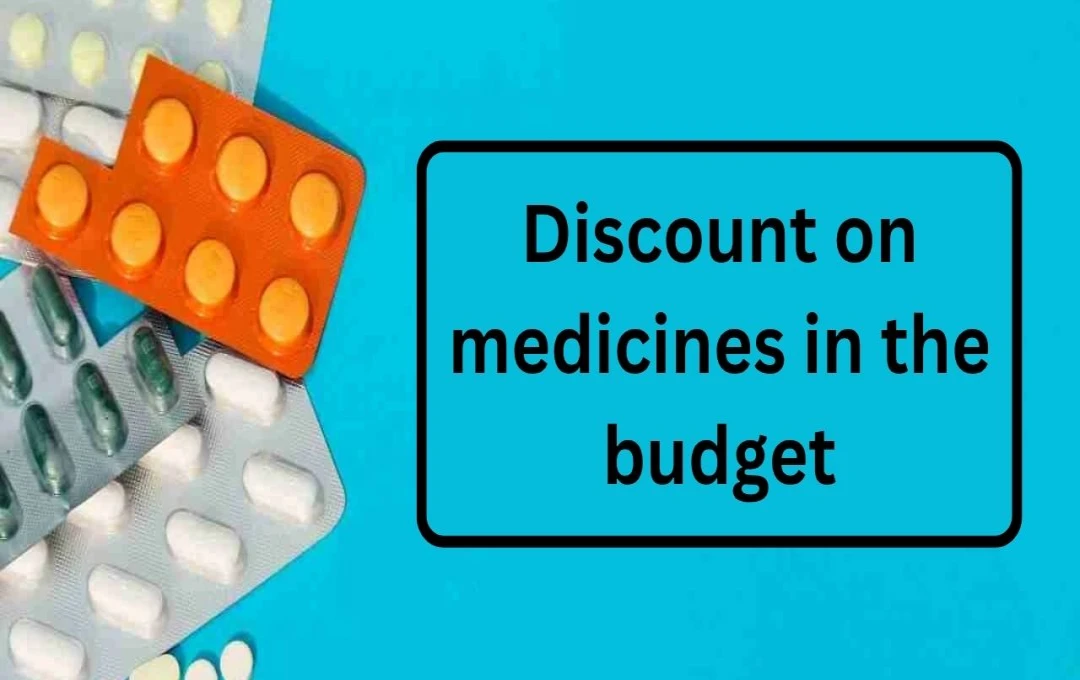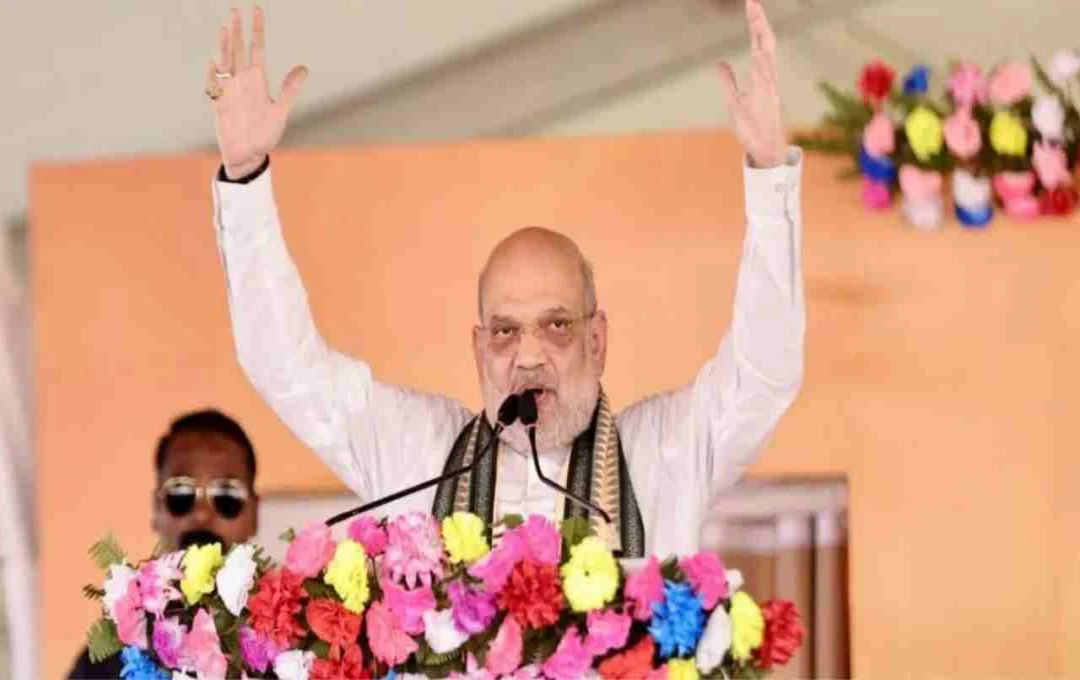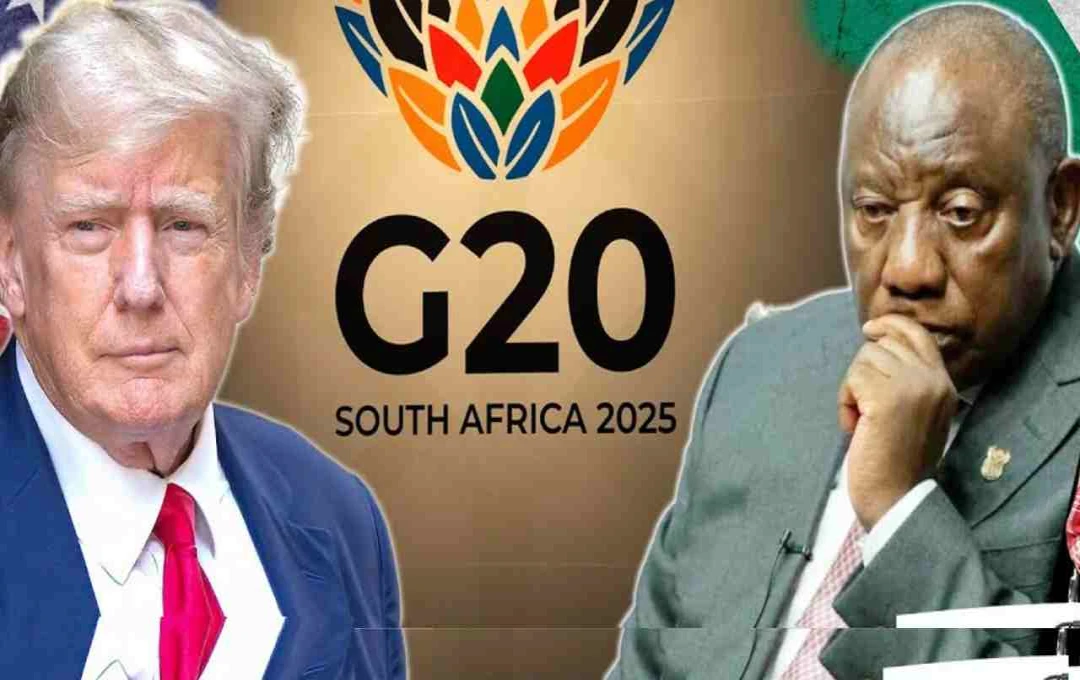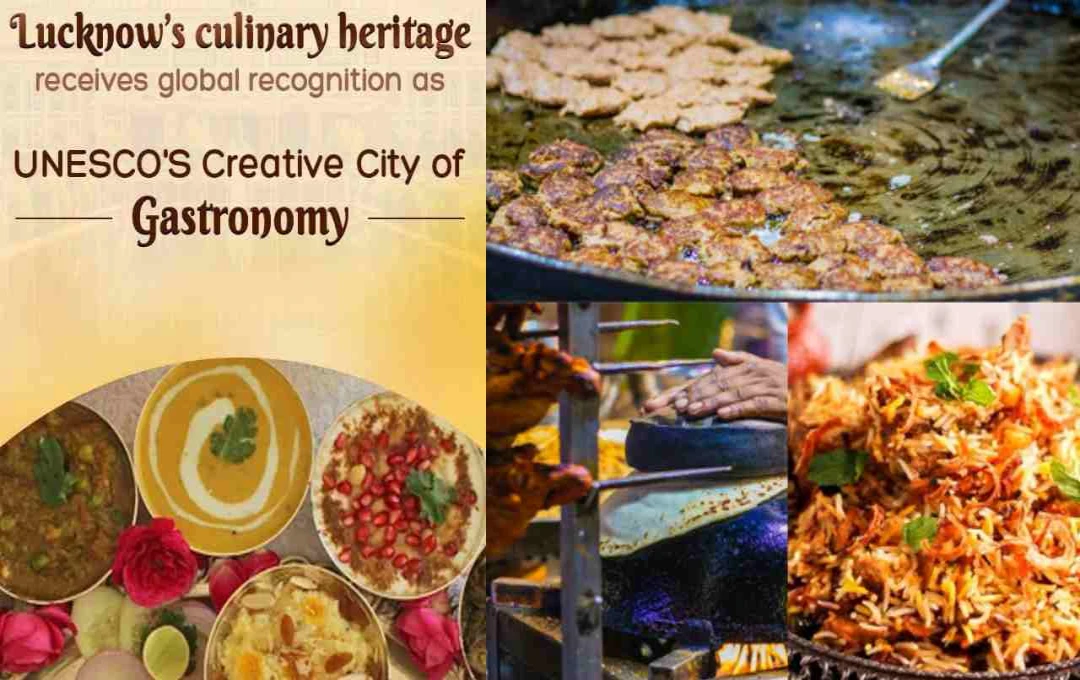In the 2025-26 budget, the central government announced a customs duty exemption on medicines for critical and rare diseases, intending to provide relief to patients.
Budget: The central government's announcement of a customs duty exemption on life-saving and rare disease medications in the 2025-26 budget is seen as a positive step in the healthcare sector. However, experts and health activists believe that the real benefits may not reach patients. The complexities of patent laws and import regulations will likely maintain high drug prices, minimizing the impact of this exemption on ordinary patients.
High Drug Prices Despite Customs Duty Exemption
While Finance Minister Nirmala Sitharaman announced a customs duty exemption on life-saving drugs and those used to treat rare diseases, this is largely considered a symbolic gesture. According to healthcare experts, most of these medications are patent-protected, preventing the production of generic alternatives and keeping prices high. This patent monopoly controls both the supply and pricing of these drugs, leaving ordinary patients unable to afford them.
Permitting Generic Drug Production is Crucial
Chinu Srinivasan, co-convenor of the All India Drug Action Network (AIDAN), suggested a solution: the government should amend patent laws to allow Indian drug manufacturers to produce generic versions. This, he argues, could reduce drug prices by up to 99%, making them accessible to the common people. He also reiterated the demand for a reduction in Goods and Services Tax (GST) on available medications, which is yet to be fully implemented.
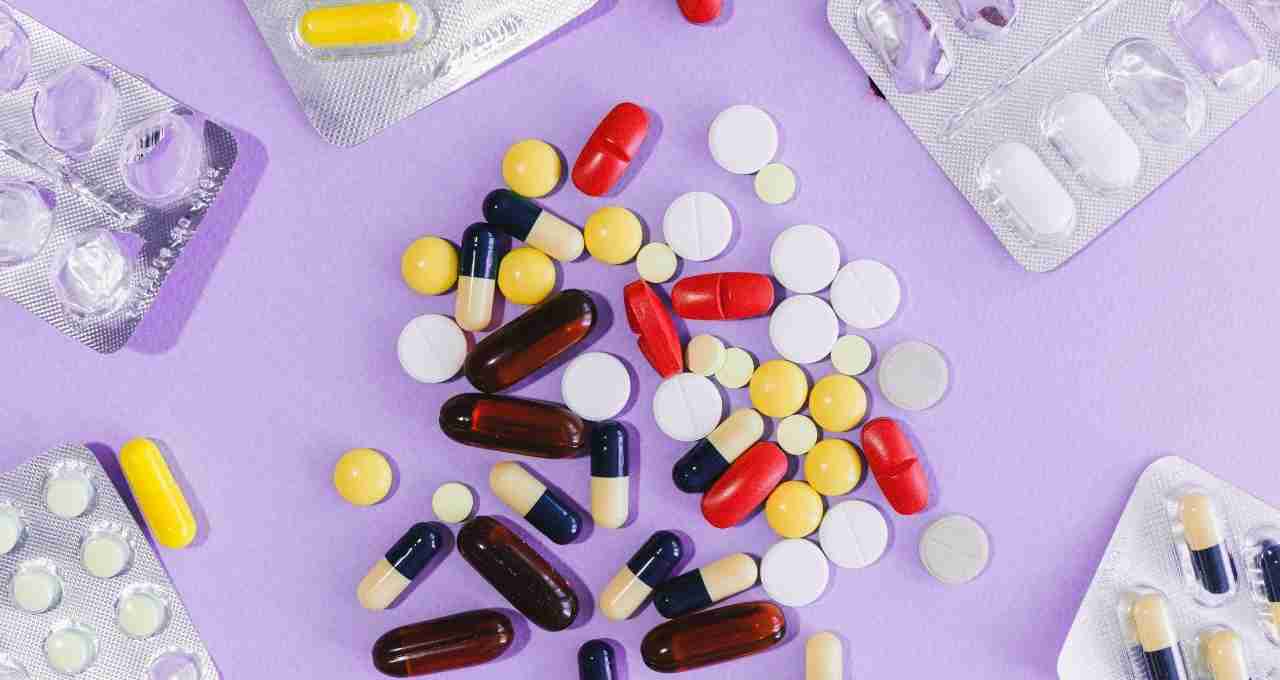
Limited Impact of the Exemption on Rare Disease Medications
Pharmaceutical sector and public health expert Leena Menghane stated, "While the reduction in import duty on several rare and expensive drugs is welcome, it's only a short-term solution. Patent regulations hinder local production, keeping prices consistently high." She believes that a customs duty reduction alone will not provide sustainable relief to patients.
Import Dependence and the Need for Tax Relief
Even with the central government's customs duty exemption, the import of medications remains limited. Health activists point out that only a few drugs receive approval from the drug regulator in India, for which the exemption will be effective. While drugs without local production might become slightly cheaper due to the customs duty reduction, this benefit will not be widely felt.
No Relief for Spinal Muscular Atrophy (SMA) Medications
Risdiplam, a drug used to treat Spinal Muscular Atrophy (SMA), a rare and fatal disease, is included in the list for customs duty exemption, but patients have yet to see significant benefits. Archana Panda of the SMA Foundation of India states that a 12% GST exemption on this drug is crucial, as its high cost in India limits access to only a few patients.
Supreme Court's Directive on Policymaking
According to Archana Panda, the Supreme Court has stated that granting GST exemptions is a policy decision for the government and the Ministry of Health, in which the judiciary will not intervene. Therefore, the government must ensure that the tax system is reformed to meet the healthcare sector's needs and reduce drug prices.
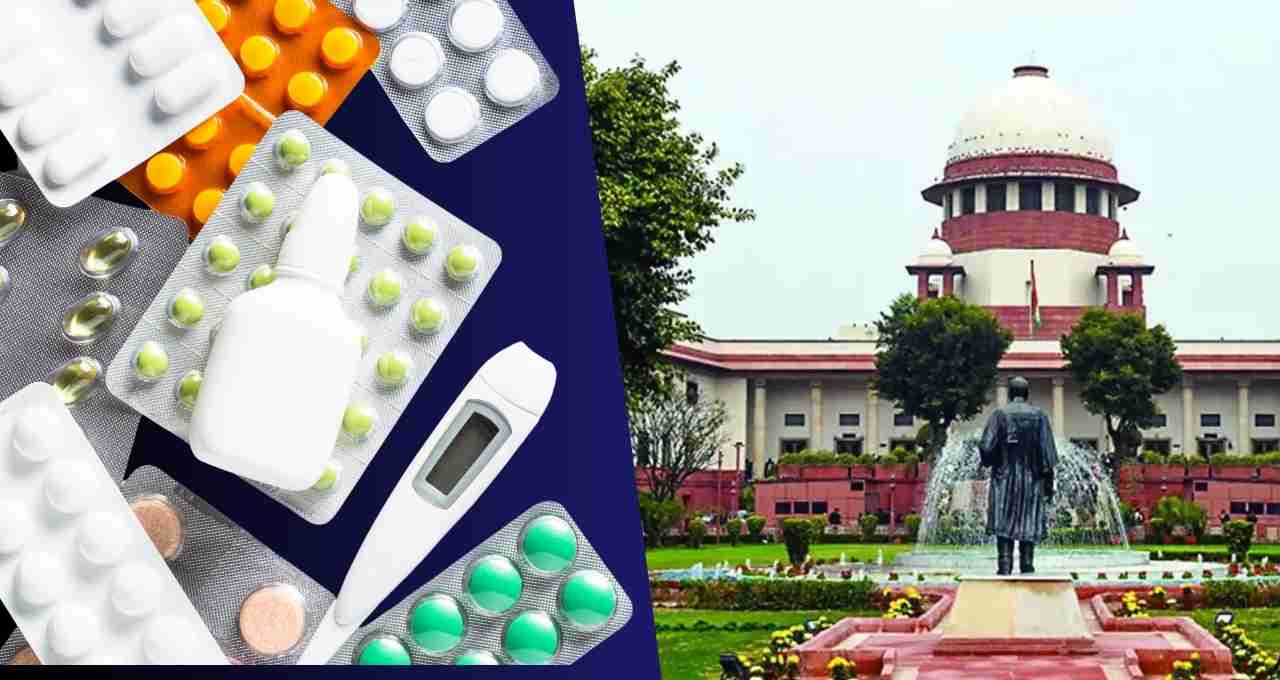
Example of Expensive Medication: Roche Pharma's Evrysdi
Roche Pharma's Evrysdi, used to treat SMA in India, is not manufactured domestically. While cheaper than imported alternatives, it remains unaffordable for most patients. For instance, the annual cost for a 60kg patient is approximately ₹72 lakhs, far beyond the reach of the common person.
Patients' Voices: Demand for Tax Relief and Patent Law Reforms
Patients' families and health activists continuously urge the government to grant GST exemptions on medications, amend patent laws, and adopt options like compulsory licensing. Compulsory licensing would allow the government to permit other companies to manufacture drugs that are expensive due to patents, making affordable medications accessible and reducing the financial burden on patients.
